We’re excited to introduce you to the always interesting and insightful Oscar Pan. We hope you’ll enjoy our conversation with Oscar below.
Oscar, looking forward to hearing all of your stories today. Do you think your parents have had a meaningful impact on you and your journey?
There are many things I’m grateful to my parents for, but I definitely wouldn’t be the musical artist I am today without the two things they taught me: an open mind and tenacity.
My dad used to work on ships involved in international trade, so he got to experience many places around the world well before I was born. Since I was a kid, my dad would share all the stories of his work on the ship and his experiences overseas. Of course, these stories piqued my interest in exploring what’s out there beyond my own country. However, I’m even more thankful for the annual plan my dad and I made to travel to at least one new place in the world each summer to experience something from the other side of the world. As a child, this exposed me to different perspectives and ways of life, which were extremely important in shaping me as an individual and an artist. Later on, I had the opportunity to meet many international friends, and their stories were not only fascinating to me but also meaningful to the world, even though sometimes there wasn’t a large audience for them. It was during this time that I began working on projects with directors from around the world to convey their stories through my music.
The other thing I learned from my parents, especially my mom, is tenacity. Neither my dad nor my mom had the privilege of attending college when they were younger. However, they knew from the depths of their hearts the importance of education, and they would give their all to create an environment for me where I could focus on my studies and passions in life. Before my parents built a business together, my mom had worked in various roles, including as a factory worker, hairdresser, tailor, and street food vendor – any job you can think of. I’m grateful for their hard work to provide for me, but I’m even more thankful for them showing me their tenacity to overcome any challenges in life. This quality is greatly needed in the film music industry, which is not an easy one and is highly competitive. Having seen and heard about where my parents came from, I will never give up on what I do, no matter the challenges that come my way.

Oscar, love having you share your insights with us. Before we ask you more questions, maybe you can take a moment to introduce yourself to our readers who might have missed our earlier conversations?
My musical journey began at age 3 when I started learning the piano. It quickly became a cherished part of my childhood, allowing me to express myself and create some of my first little compositions. However, I didn’t discover my passion for film scoring until one Christmas during high school when I rewatched “The Chronicles of Narnia.” The film’s nostalgic story and Harry Gregson-Williams’ mesmerizing score moved me deeply and inspired me to pursue a career that combined my early love for music with the magic of storytelling.
After high school, I was accepted into New York University for music composition and film scoring, and the rest is history. In 2019, I had an unforgettable experience studying composition with Michel Merlet in Paris and exploring electroacoustic music at IRCAM. After finishing my undergrad at NYU, I wanted to dive deeper into the practical side of the industry, and that’s when I decided to pursue my MFA in screen scoring at Columbia College in Chicago. Through the program, I had the incredible opportunity to record my thesis piece, “amazonia: hoja de mal aire,” with a 70-piece orchestra, conducted by Anthony Parnther, and mixed by Dennis Sands. Listening to the piece come to life in the recording booth was a moment I’ll never forget. Upon graduation, I had the privilege of assisting one of my favorite film composers, Pulitzer Prize winner Michael Abels, in LA. His passion for music and storytelling is incredibly inspiring, and having him as my first mentor in LA was truly a blessing to my musical journey.
A film composer is essentially a storyteller. There are countless ways to tell stories, and what sets me apart from others is the way I tell stories, which is shaped by my unique life experience, background, and worldviews. As a Chinese gay composer who loves the arts and travels the world, I naturally gravitate toward projects that resonate with my experiences. My goal is to use my voice to enrich these stories and, hopefully, convey a message that mirrors my values and betters the world. In 2021, just before I graduated from NYU, poet Cindy Tran approached me with an idea for a poetic documentary called “Sonnet Crown for NYC.” The script was entirely based on a sonnet crown she had written after interviewing local business owners from various cultural backgrounds during the COVID pandemic. These diverse stories all revolved around their love for the community and their resilience in the face of pandemic challenges. Given my own diverse cultural background and personal experiences with Asian discrimination during the pandemic, I felt deeply honored to be part of this project. Each music cue I composed for the film was carefully crafted to align with a grand musical scheme I developed. The film premiered during the summer of 2021 at The Shed NYC and received recognition with some of my first film music awards.
Following this documentary experience, I embraced my role as a socially conscious storyteller. I then collaborated with a Moroccan filmmaker on “I Am Illegal,” a documentary highlighting the struggles of ordinary people in Morocco dealing with anti-LGBTQ sentiments. Both the director and I agreed that the discomfort viewers feel while watching this documentary is crucial. To enhance that, I created a score that is intense, ritualistic, and features edgy electronic elements. This film was selected and premiered at the academy-qualifying Outfest LA Film Festival in July 2023.
Currently, I’m based in LA, primarily working on independent film projects and concert commissions. I’m deeply committed to projects that make a meaningful impact. Some of the films I’m currently involved with include “The Space Between,” a touching documentary about a friend raised by two mothers and his journey to reconnect with his family after a falling-out, and “Cut Your Wings and Fly,” an experimental dance film addressing issues of domestic violence and sexual abuse. In addition to film music, I’m also working on my own album, which is a personal exploration of my voice, identity, and my understanding of the world. Each piece in the album is dedicated to a place I’ve visited or lived in that has profoundly influenced my life and self-awareness. For instance, a recent solo trip to Ecuador, my first South American destination, fostered in me a deep connection with nature and our beautiful planet. I’m looking forward to more exciting collaborations with musicians and directors who share my creative vision. It’s a journey that began with a childhood film, and I’m excited to see where it leads me.
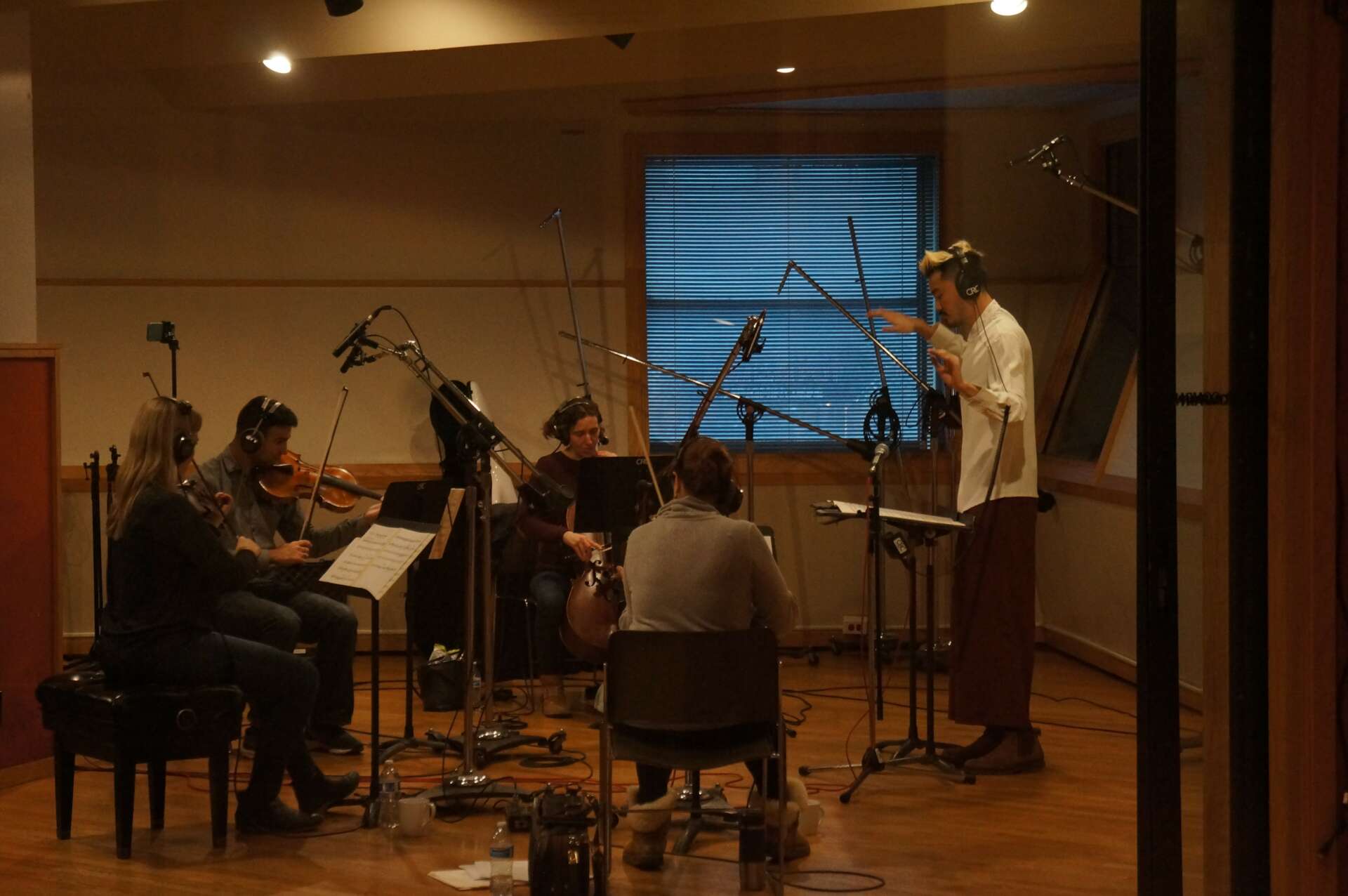
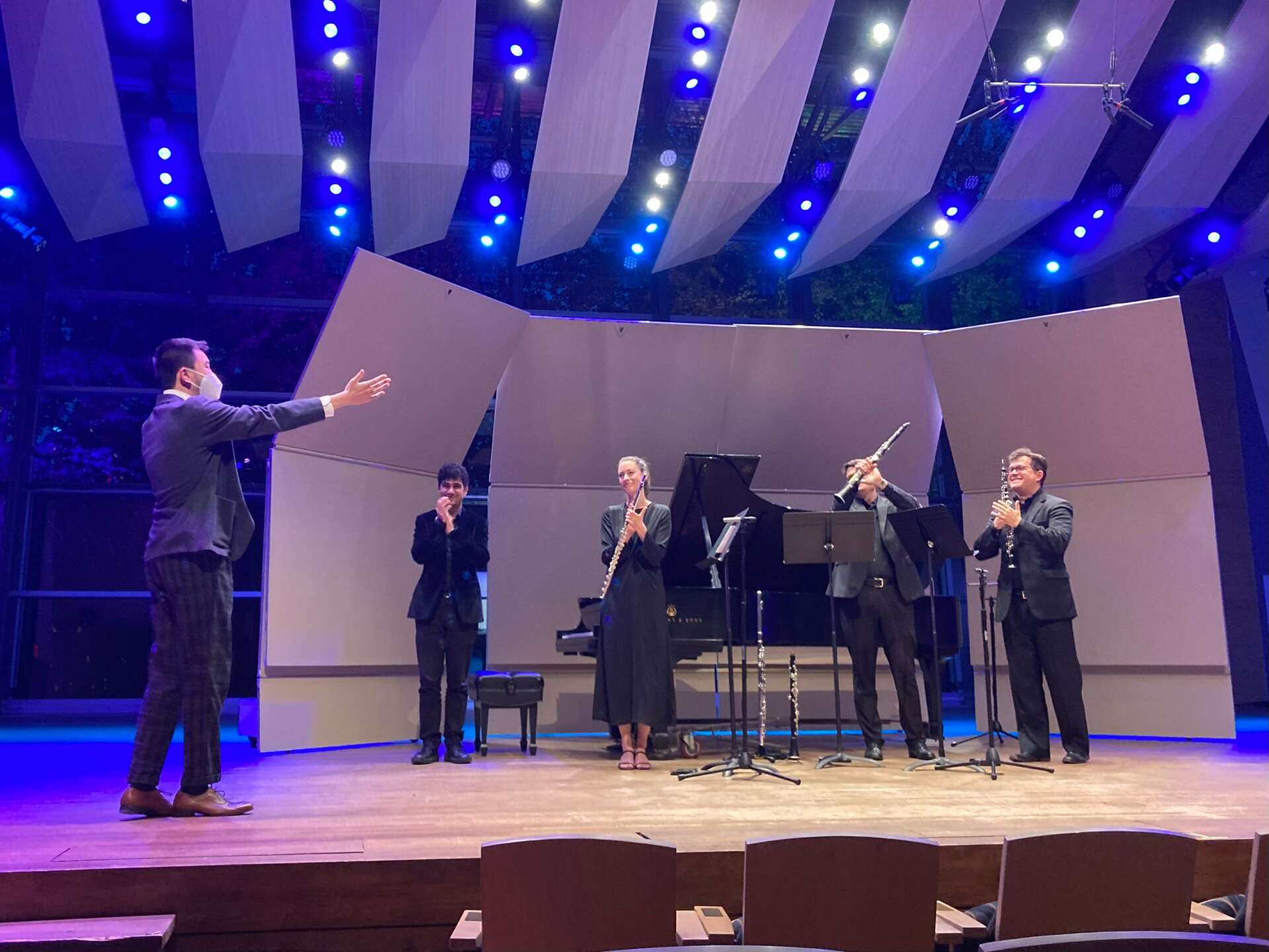
Learning and unlearning are both critical parts of growth – can you share a story of a time when you had to unlearn a lesson?
If you take a listen to my music from my freshman year, sophomore year of college, and now after my graduate program, you’ll notice a significant difference in each phase. This is completely natural and, in fact, quite positive, as it reflects our growth as individuals and artists. Our art inevitably evolves along with us. However, there was a period when I delved so deeply into music theory and tried to incorporate intricate harmonies and unconventional music writing from other composers that I gradually lost touch with my identity as a music composer. I don’t regret that period at all; rather, I’m quite thankful for it as it allowed me to explore an aspect of music composition that was well beyond my comfort zone, offering me a fresh perspective on music. Nonetheless, there’s a difference between merely finding something “cool” and wholeheartedly embracing it. Learning a new and “cool” approach to music composition doesn’t mean we need to infuse it into all our pieces to the extent that we forget our original voice. I remember a time when I proudly shared one of my award-winning concert pieces with a private teacher and mentor I had met during a music festival. Her response was, “I love how well-written this piece is, but I don’t hear Oscar in it.” That conversation was humbling and pivotal for me, and I reflected afterwards how I had been striving to emulate other great composers but never questioned whether this was the type of music I would truly enjoy creating for the rest of my life.
After that experience, I made a conscious decision to compose music that deeply resonated with me. I recalled a statement from a music documentary I had watched, where someone said, “If the music I write doesn’t give me goosebumps, it’s not good enough for me.” This became my guiding principle as I evaluated the music I created afterwards. I began to “unlearn” some of the concepts I had absorbed from other composers. It wasn’t that I entirely avoided these lessons, but rather, I started to view them as tools to be used when necessary, rather than the ultimate destination for my music. I’m content with where I currently stand in my musical journey, and I’ve never been happier to create music that truly reflects who I am. I’m certain that my music will continue to evolve in the future, much like myself. However, I learned the lesson of never trying to copy others and forgetting who you really are.
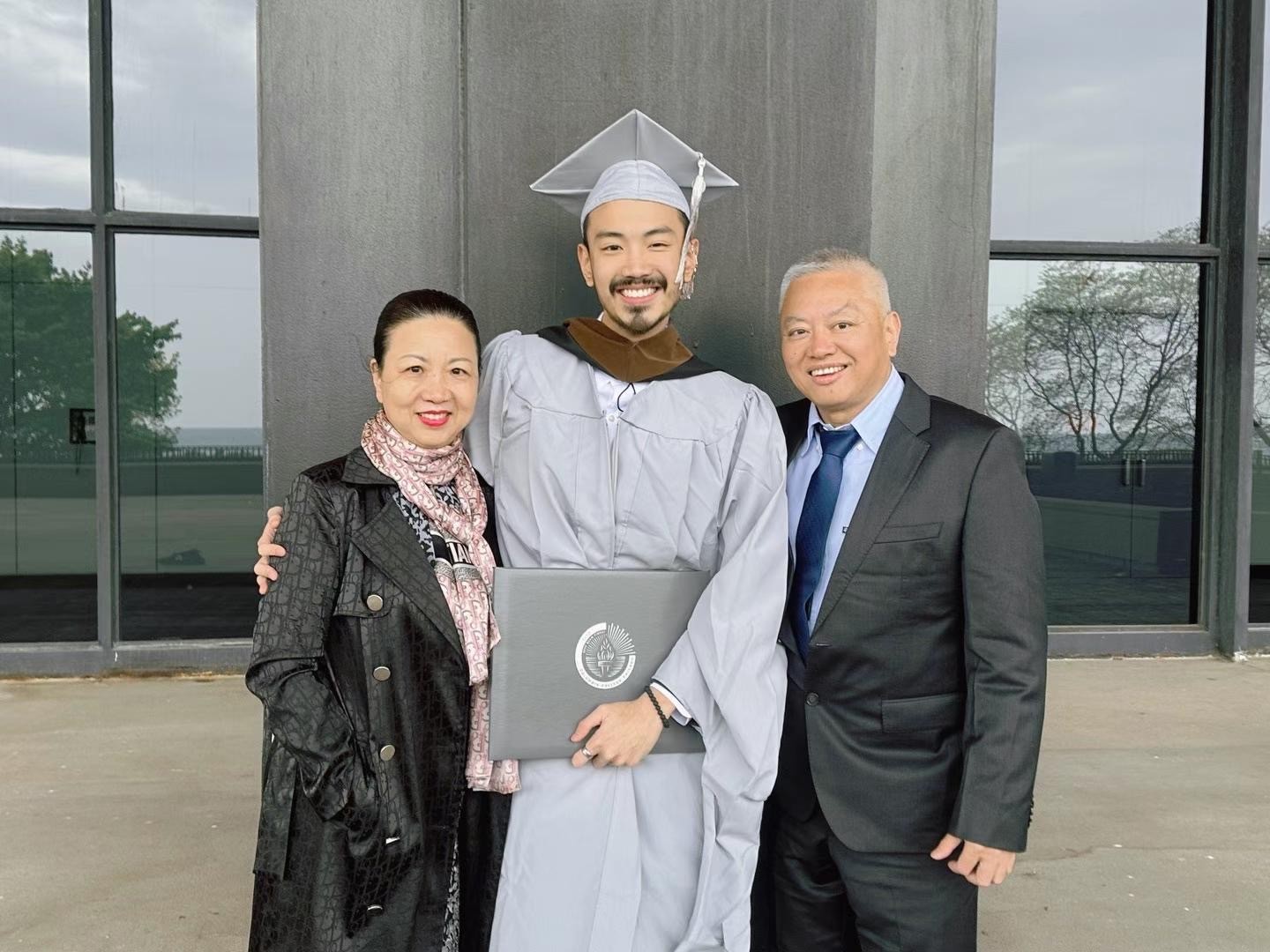
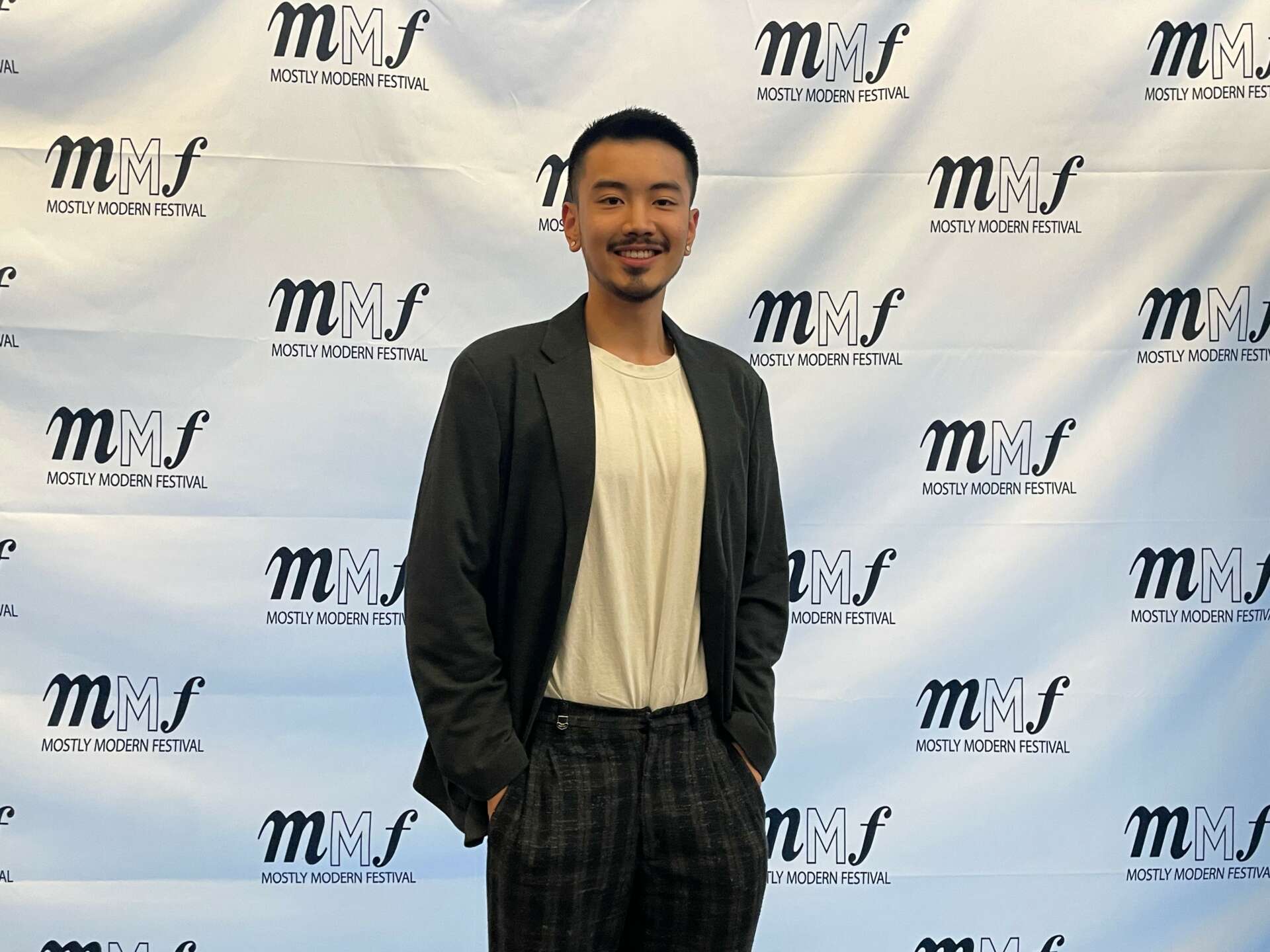
Are there any books, videos or other content that you feel have meaningfully impacted your thinking?
“Tippi: My Book of Africa.” I was never much of a reader because I always found it hard to process words. However, this was the perfect book from my childhood that consists of a minimal amount of words but plenty of stunning photographs that showcase the wilderness, animals, culture, and humanity in a part of Africa—everything I craved to discover more about as a curious kid. As I grew older, I was pleasantly surprised to discover how much this book had unconsciously influenced my beliefs and principles, setting the goal for me to be an adventurous, open-minded, and socially-aware individual and artist. The book touches on the well-being of animals, the preservation of nature, human commonalities, and racism, all seen through the lens of a 10-year-old. Isn’t it remarkable to think about the simple wisdom we often lose as we mature into adults? I’ll always hold onto the principles I learned from the book and strive to connect my creativity and passion for the arts with the mission shared by Tippi.
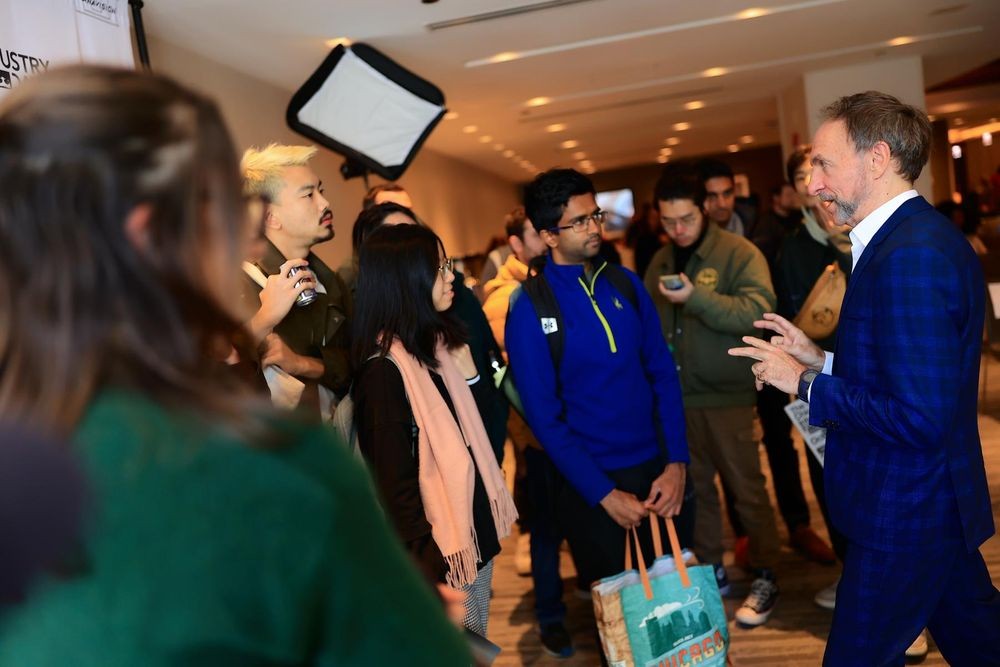
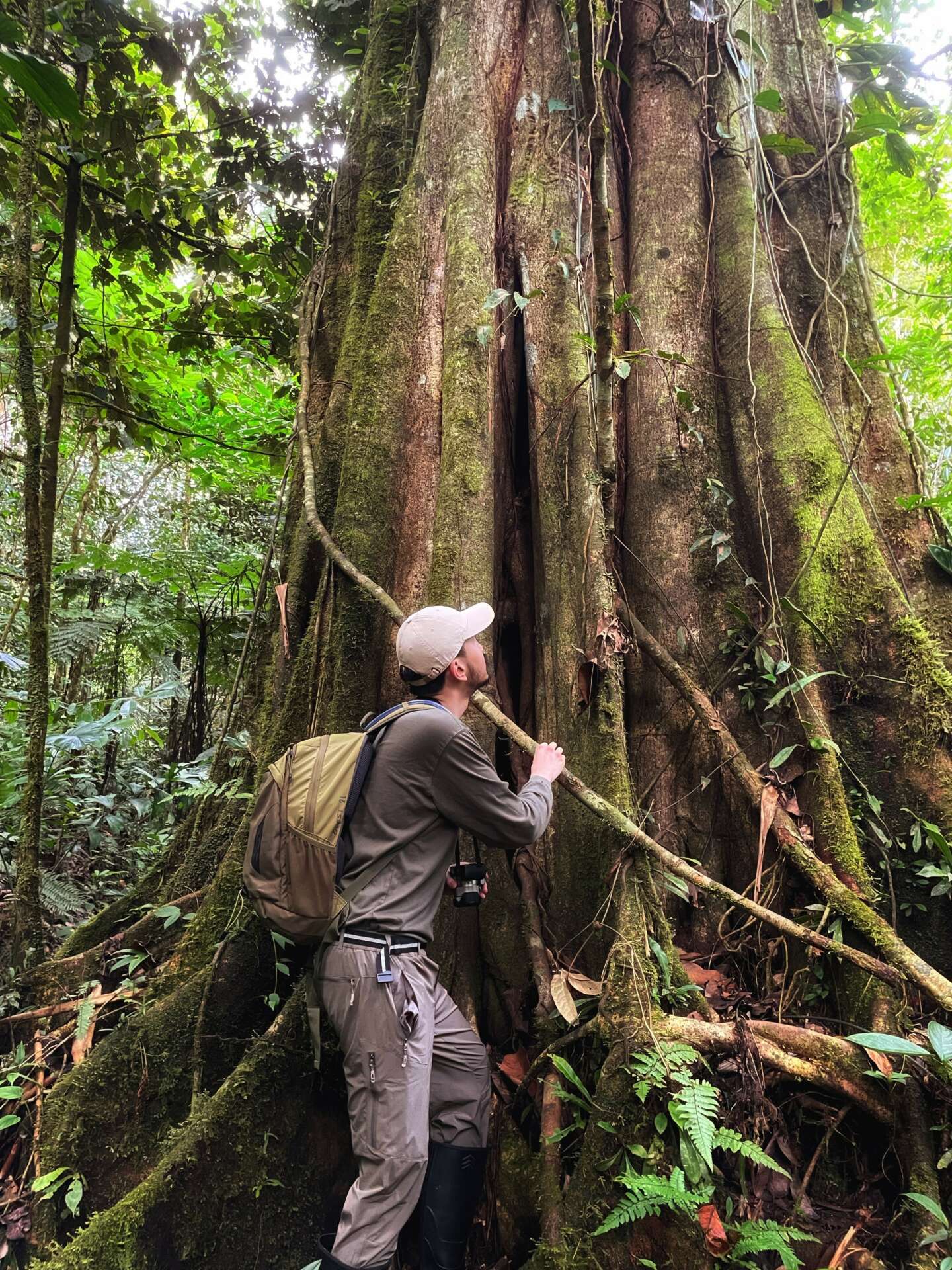
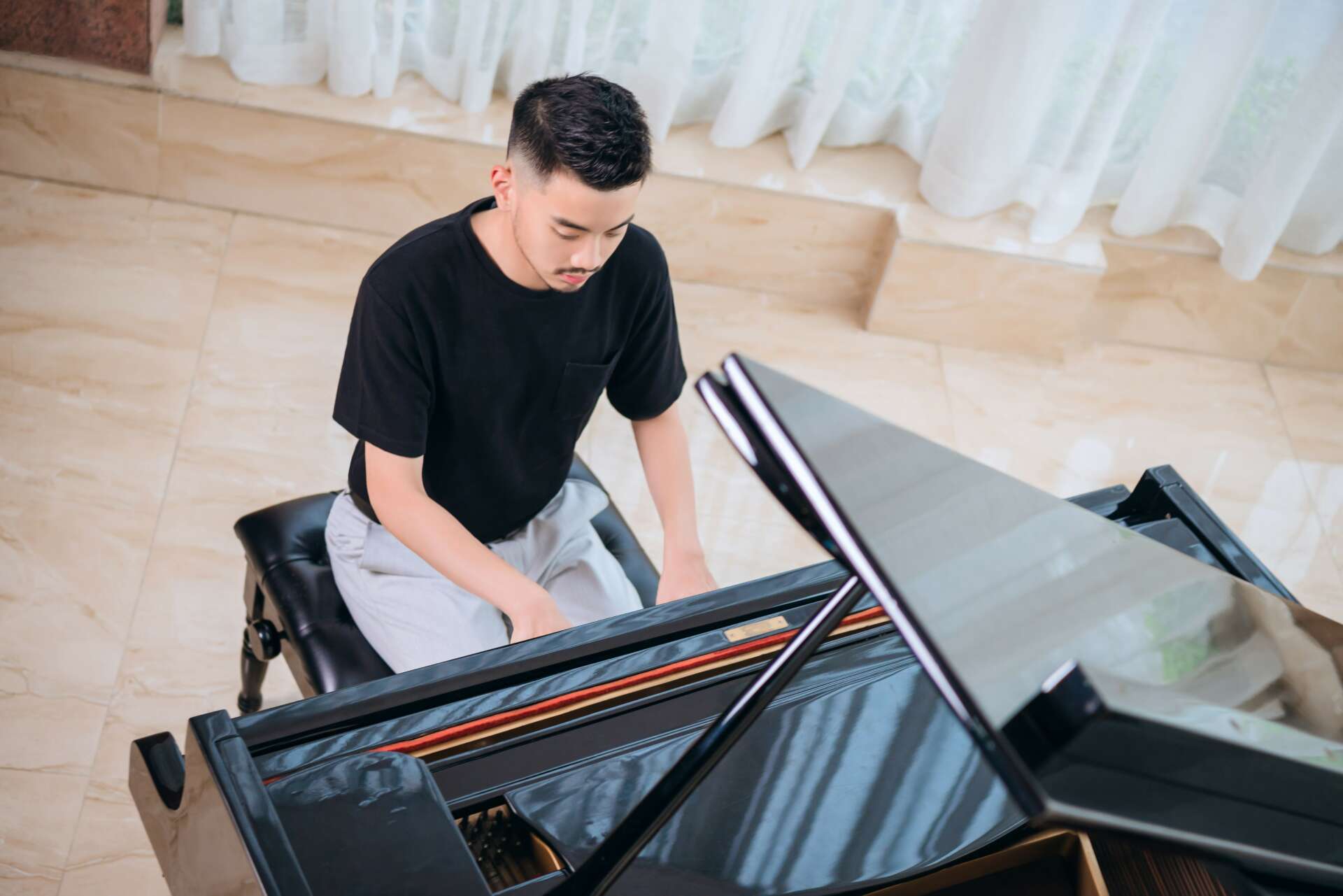
Contact Info:
- Website: https://zhioscarpan.com/
- Instagram: https://www.instagram.com/oscarpanmusic/
- Linkedin: https://www.linkedin.com/in/zhioscarpan/
- SoundCloud: https://soundcloud.com/zhioscarpan
- IMDb: https://www.imdb.com/name/nm10894485/


